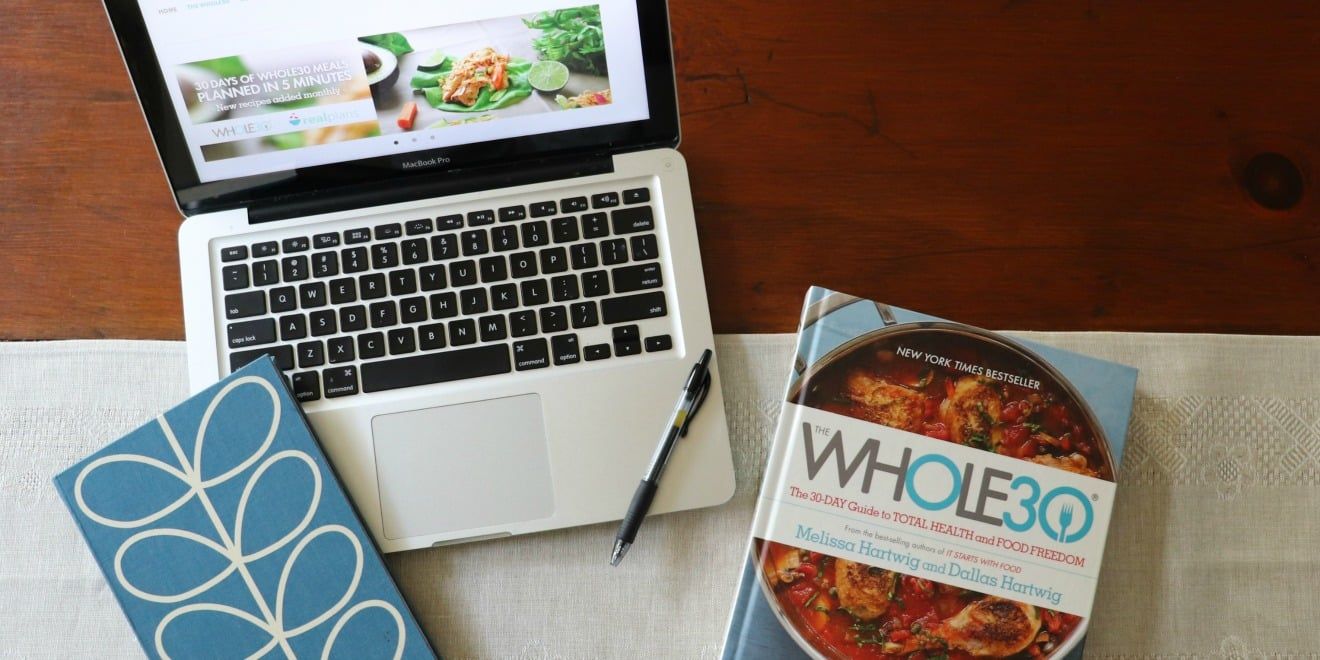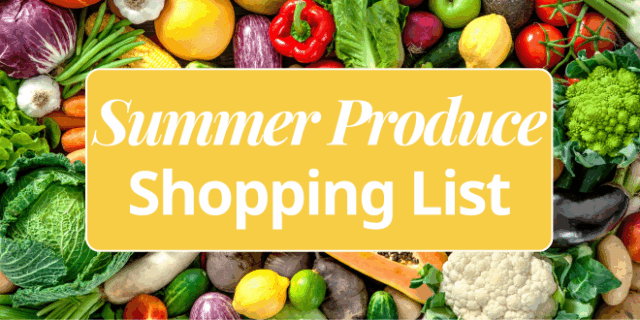The information included in this post is for educational purposes only on the benefits of a pregnant Whole30. It is not intended nor implied to be a substitute for professional medical advice. Always consult your healthcare provider to determine the appropriateness of the information for your own situation, or if you have any questions regarding conception, pregnancy, or your prenatal treatment plan.

By Stephanie Greunke, Registered Dietitian
You are not alone in wondering if a Whole30 is safe to do while pregnant. We (Whole30 co-creator Melissa Urban and myself) are often asked about the safety and feasibility of completing a Whole30 during pregnancy, so let’s talk about common concerns you may have and how we recommend navigating a #PregnantWhole30 if you and provider feel it’s a good time to do the program.
Pregnant Whole30: Common Concerns
Your pregnant Whole30 concerns are common. They also show me how serious you are about your health and the health of your baby. As a registered dietitian, I’m happy to say that a Whole30 IS safe to do during pregnancy, with your provider’s approval. And as a mom, I can lend you my support and encouragement because I did a Whole30 during both of my pregnancies.
While you can complete a Whole30 exactly as outlined in The Whole30 program guidelines, I have a few additional recommendations to make those 30 days as smooth and comfortable as possible:
- Listen to your body
- Make sure you are eating enough
- Enjoy smaller meals and snacks, if desired
- Consider your protein and carb intake
We hear the following concerns over and over again:
Concern #1: I’m afraid I’ll LOSE too much weight if I do a Whole30.
When you embark on a Whole30, you remove foods (grains, legumes, and dairy) that may be accounting for a large percentage of your total calorie intake. This is especially true if you’re coming to the program from a standard American diet. Now, not only are you potentially eliminating significant sources of calories, but you are replacing those foods with foods that promote satiety (non-starchy vegetables, healthy fat, and protein). This is all happening during a time when your body needs an additional 300-500 calories to promote the health, growth and development of you and your baby. Do you see how this scenario can set you up for potential weight loss by subconsciously lowering your caloric intake?
Eat enough good food
Because whole food is satiating, you may have to make a conscious effort to include enough healthy fat and protein with each meal. 1 serving of healthy fat at your meals may not be enough to satisfy your increased energy demands so don’t be shy about adding more avocado, olives, nuts, seeds, and dressing to your meals than you’re used to.
If you’re active, you’ll want to make sure you purposefully include starchy vegetables (like potatoes and winter squash) and fruit at your meals to support your activity levels. This will ensure that you are providing yourself with the nutrients and energy required to grow a tiny human while keeping YOUR energy up and blood sugar stable. And since fruits and vegetables are paired with fiber (which slows down the absorption of glucose into your bloodstream), they’re a fantastic source of carbohydrates for those navigating or at risk for gestational diabetes.
At any point during your pregnancy, if you’re losing too much weight, or are feeling under-fed and exhausted, it may be time to take a break from your Whole30. Now isn’t the time to “push through it” or “Whole30 harder.” Listen to your body, take a break, and do whatever you need to do to get through the rough time. This may include eating a gluten-free bagel or some full-fat, grass-fed yogurt. As your energy levels increase and you feel better, check in with your healthcare provider, and consider restarting your Whole30 at a later date if it feels right.
“But wait! I’m not supposed to step on the scale?” During pregnancy, your provider will gather measurements to assess your health and the status of your pregnancy which includes regular check-ins with the scale. This does not break the rules. If the scale is a trigger and you prefer to look away, that is your right. Your provider will monitor this number for you and let you know if they’re concerned.
Concern #2: There’s no way I can eat that much protein, fat, and non-starchy vegetables at each meal!
While the recommendations of the traditional Whole30 program say to avoid/minimize snacking, you may need to ditch this recommendation during your pregnancy. This is especially true if you are dealing with morning sickness or are in your 3rd trimester.
Having smaller meals every three hours may help alleviate some of the nausea you experience. Nausea can be triggered by an empty stomach or low blood sugar. As your baby grows, you may not have the physical space in your stomach to eat larger meals or experience heartburn after larger meals. Do the best you can and space out meals to make it work for you.
Concern #3: Should I modify the recommended portion sizes in the Whole30 Meal Planning Template?
The recommended portion sizes are a great place to start, but you may find that you need to aim for the higher end of the recommendations for fat and include a form of starchy vegetables and/or fruit at most of your meals. This will ensure you and your baby receive a wide variety of nutrients. You may also need to add in a “fourth meal” or mini-meal as three meals may not be enough to keep you full or work with your nausea, heartburn, or your ability to consume enough at one sitting.
Protein aversions
Many pregnant people experience protein aversions during pregnancy, especially during the first trimester. You may naturally find yourself consuming less throughout the day. If a palm-sized amount of protein at each meal seems impossible, you can try having smaller meals. Use a plain, unsweetened egg white or pea protein powder. Try a cup of bone broth mixed with collagen peptides (if your provider approves), or whatever you need to do to make it work. Don’t stress about it too much. You’ll likely feel much better once the second trimester hits and can resume eating your normal protein staples.
No need to limit fruit
You may also choose to ditch the Whole30 recommendation to limit fruit. I found myself craving fruit during my pregnancy and enjoyed it a few times a day. Just make sure to pair fruit and starchy vegetables with protein or fat. This will reduce the impact on your blood sugar levels. The more we can prevent blood sugar spikes and crashes, the better you’ll feel. Bonus, you’ll have lower chances of developing pregnancy-related complications!
Know that Melissa and I would never advocate for doing a Whole30 for your entire pregnancy. In fact, you may choose not to do a Whole30 during your pregnancy at all! You can still focus on the main principles outlined by the program and have a fantastic pregnancy. Lastly, know that there is no such thing as a perfect Whole30 especially while pregnant. Your version of a Whole30 may be very different from another persons and that’s totally fine! The key is finding a balance of nutrient-dense, whole foods that work for your unique needs.
Pregnancy is a time to listen to your body, do your best with the curve-balls thrown your way, and enjoy the journey. We’re here to support you each step of the way.
You Might Also Like…

















